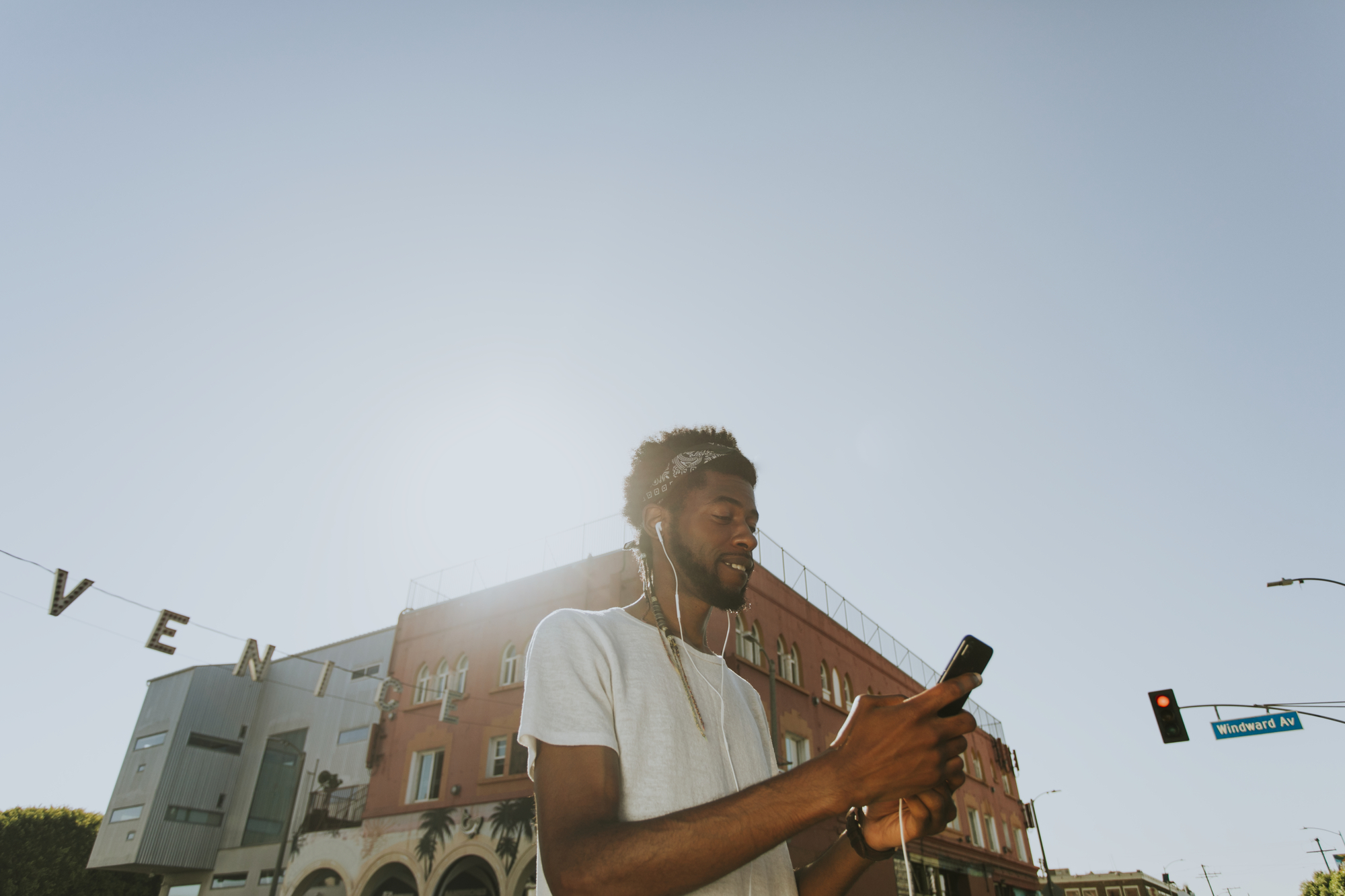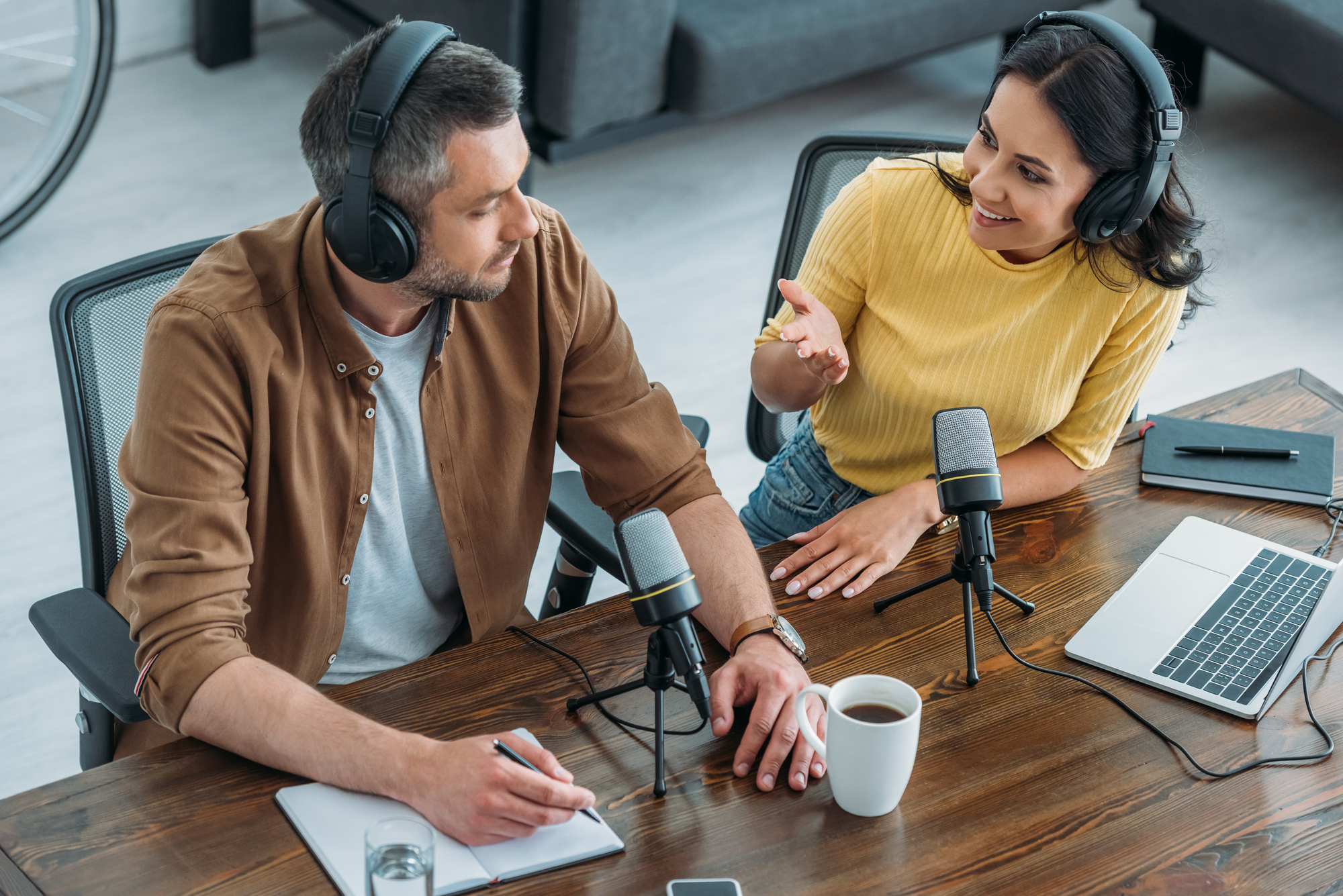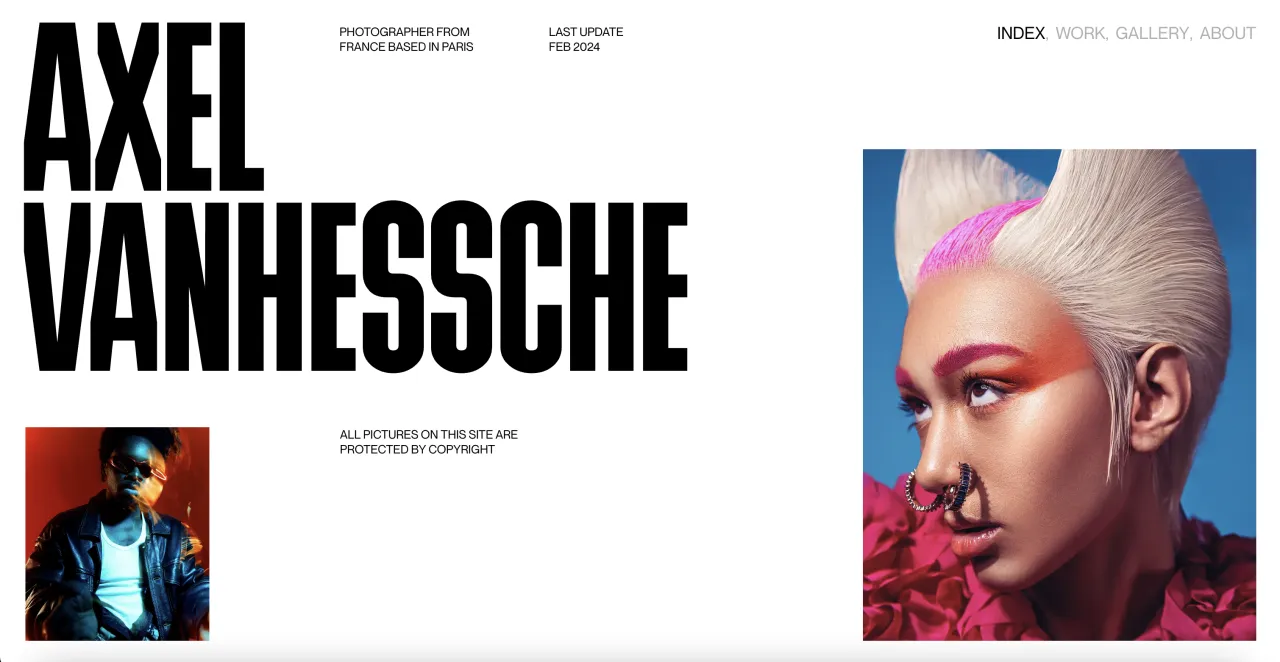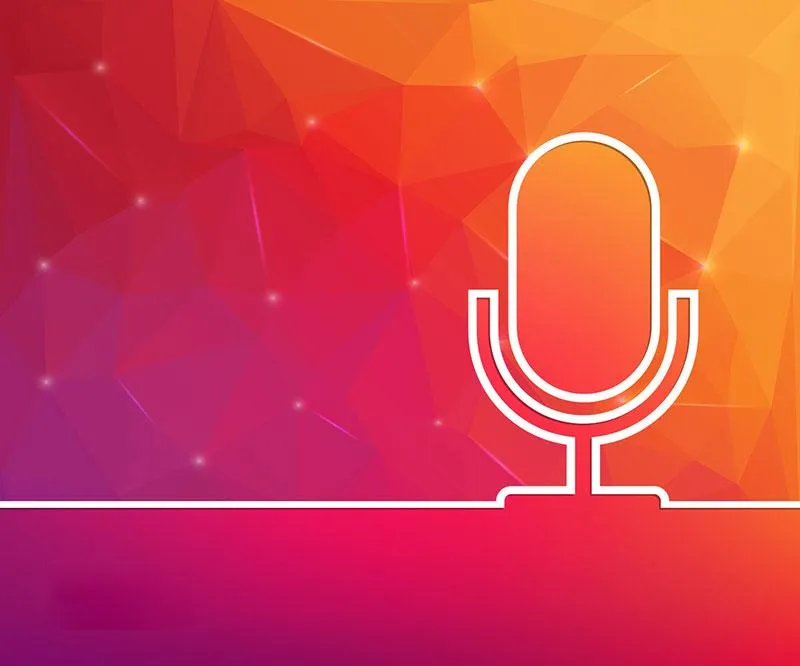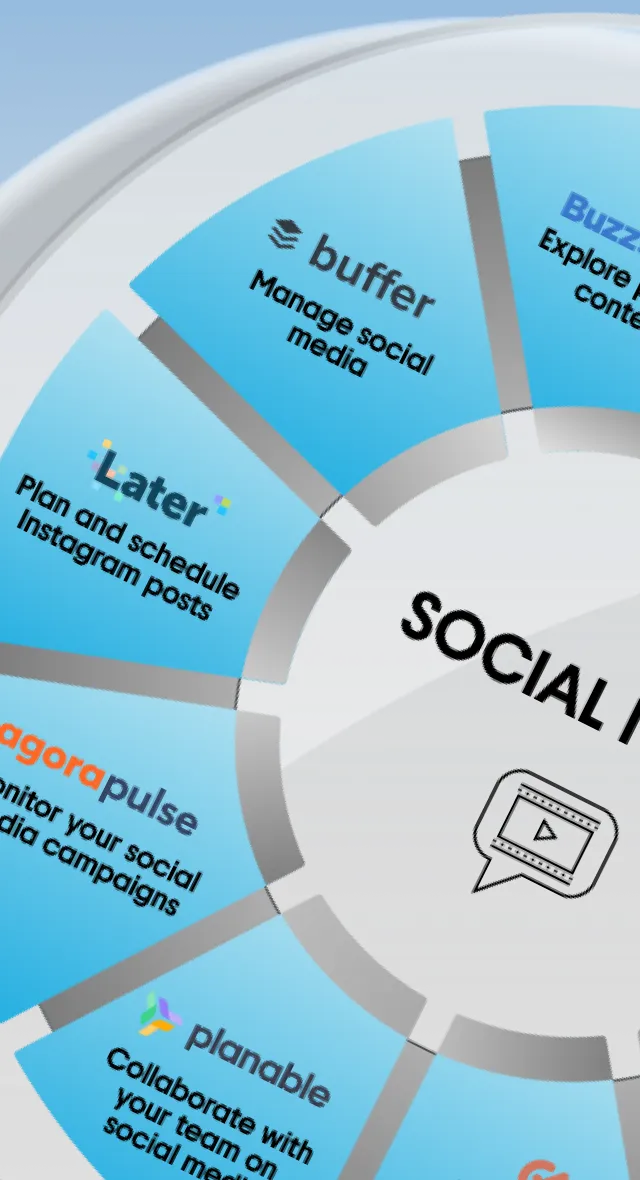Why Are Podcasts So Popular? A Look at Their Past, Present, and Future
Podcasts have been at our fingertips for the last decade. We listen to them while cooking, working out, driving, or cleaning the house and try not to miss out on the episodes of the favorite ones. In the US only, 144 million people have at some point listened to a podcast which is almost half of the country’s population. Now can you imagine how many people are listening to podcasts all over the world?
The numbers must be impressive but what’s also impressive is the fact that the community of podcast listeners has grown every single year. Why are podcasts so popular? What makes them in demand in the world in which visual learners prevail? Keeping these questions in mind and listening to the new series of our favorite podcasts in the background, we can’t help but find answers by looking at their past, present, and future.
Brief history of podcasting
Wikipedia says that the history of podcasting traces back to the 1980’s. At that time, it was known as audio blogging. However, the history of modern podcasting started not so long ago, namely, at the beginning of the 2000s. With the release of the first iPod in 2001, it became popular to upload audio files to portable audio devices or simply attach them to RSS feeds.
A couple of years later, when audio blogging turned out to be more accessible for both listeners and content producers than ever before, Ben Hammersley, a journalist at The Guardian coined the word “podcast”. In his feature for the media called “Audible revolution”, he simply combined two words – “iPod” and “broadcast” – together and came up with the term we all use nowadays. The journalist also suggested to name it “Guerilla media” but the idea did not catch on.
Another milestone in the history of podcasting was in 2005 when Apple added a podcasts directory with over 3,000 free audio programs to the iTunes Store. The following year, as podcasts became mainstream, their commercial potential was revealed. The Ricky Gervais Show run by the comedian Ricky Gervais was distributed on audible.co.uk and £0.95 per an episode.
During the next couple of years podcasting gained momentum and in 2014, This American Life podcast “Serial” took off. To be more precise, by 2017, it became the most popular podcast ever with over 420 million downloads.
It’s been only 16 years since the word “podcast” was coined and now hundreds of thousands of audio programs are at our fingertips. Considering this quick timeline, we question the reasons why podcasts are so popular.
Why are podcasts so popular now?
In the world of visual culture and rapid technological advancements, the popularity of such a simple format as a podcast seems to be suspicious. The latest stats show that 49% of marketing videos are only 0-60 seconds long (and the number decreases further) so how come podcasts that on average last 41 minutes are listened to for at least 90% of their duration? The answers are simple, yet insightful.
1. Podcasts allow for multitasking
The main reason why podcasts are so popular is that they allow their audience to save time. At Edison Research, they explored the podcast listening locations and found out that most often people listen to audio blogs at home, in a car, while walking around or working out. What this means is that those who listen to podcasts are doing at least two tasks at the same time, exercising and listening, for example. The finding also showed that the most spread activities, while listening to podcasts, are doing housework, driving, cooking or baking.
2. Listening to a podcast is an easy way to catch up on the latest news and events
According to The Publisher’s Guide to Podcasting, daily news podcasts is a crowded market that is already occupied by media giants such as The Washington Post, Vox, The Guardian, The Economist, and The New York Times. The latter, by the way, has over 2 million listeners a day which is not surprising given that the second topic consumers are interested in the most (after music) is news. To keep up with the latest events, people usually listen to podcasts within 24-48 hours of downloading them. What’s even more interesting, 52% of respondents said they listen to an entire podcast, while 41% listen to most of it.
3. Podcast are entertaining
In addition to learning new things and finding out the news, people also choose podcasts when they want to entertain themselves. Music, food, sports, thriller, and hobbies are among the most popular podcast categories. Besides, podcasts are also entertaining because of the diversity of formats they have. There are interviews, conversations, late-night shows, fiction and non-fiction storytelling, as well as video and live podcasts.
All these things make podcasts so popular today and pave the way for their further evolution.
The future of podcasting
Podcast adaptations will grow in numbers
There are already some exciting stories that you did not expect to be based on a podcast. For example, “Dirty John” is a TV-show available on Netflix and based on Christopher Goffard’s podcast of the same name. It got a bunch of positive responses from the audience and Connie Britton, an actress who played the main character, was even nominated for the Golden Globe Awards.
HBO did not stand aside as well and turned a couple of podcasts into TV-series. “2 Dope Queens” and “Pod Save America” are among them. However, the most popular of the podcast adaptations are definitely Gimlet’s “Homecoming”, starring Julia Roberts and streamed on Amazon.
The story with podcast adaptations doesn’t end here. Gimlet, a podcasting company, introduced Gimlet Pictures, a film and video branch, in 2018. In addition to “Homecoming”, they have already presented “Alex, Inc.” based on the podcast StartUp, and they have more projects to launch in the nearest time.
Smart speakers will push the boundaries of podcasting
Pacific Content, a podcast agency, talked to industry leaders to make predictions on the future of podcasts. They found out that one of the reasons why people used to listen to an hour-long podcast is because they did not want to go through their phones too often.
But now, thanks to smart speakers and opportunities they open up, the era of shorter podcast episodes is to begin. For instance, The New York Times have already launched their news podcast “The Daily” directly on Amazon Alexa. The latter, in turn, have presented templates that allow small-scale podcast producers publishing content on Amazon Alexa in a matter of minutes.
However, voice technologies are not limited to smart speakers. The Spotify voice assistant already provided for quick and easy access to podcasts and music with your account. You just need to ask. In general, in the next 3 years, voice commerce will grow, reaching over $80 billion per year, as more and more companies will aim to provide a cross-platform and more personalized experience.
The demographics of the listeners will grow because of AI
One of the latest Google’s AI translates audio to different languages while keeping your voice. In other words, audio can now be translated into audio without converting it into the text as an intermediary stage. It has three steps of translation and in the future, aims to minimize all the errors. At the moment, the AI is in the testing mode but when this advancement will become accessible to large audiences, it will allow podcast producers to win over both local and international listeners.
Nevertheless, the audience of podcast listeners is already growing. In the US, 17 million more people started listening to podcasts in 2019 compared to 2018. What’s even more exciting, the respondents of the study said that the average amount of podcasts they listen to per week is seven, a podcast a day.
More companies will launch podcasts and invest in podcasting
The popularity of podcasts makes them a useful tool of communication for brands. For instance, The Telegraph and Financial Times are using their podcast to drive subscriptions and reach new audiences. However, podcasting can also be used to increase brand awareness, shape a positive brand image, connect with your audience, and eventually convert them into clients.
Podcasts are a great place for sponsorships as well. A key takeaway of the 2019 Nielsen report is that podcast ads perform better than video pre-rolls when it comes to KPIs. 83% of people say that podcast hosts are authentic in delivering the ads and 62% claim they correctly recalled the brand advertised and the integration made them consider trying new products or services.
Another reason to launch a podcast or advertise in it is that you’ll be able to reach particular generations – Millennials and Gen Z. Among 7,000 podcast listeners that took part in the study, the majority were aged 18-49.
Although the podcast industry is quite young and controversial, in the last couple of years it reached a whole new level. Podcasts are not limited to being and staying audio blogs forever. They are a full-fledged piece of content that provide for adaptations, innovations, and are eager to break new grounds as the great investments and technological advancements are to come.
For more information on the topic explore this article: “10 Marketing Podcasts For Productive Procrastination“. And if you are not about to start your podcast project at the moment, here is an article that will help you with your next creative campaign on Instagram: “Launching Instagram Advertising Campaigns: The Ultimate Guide“.
